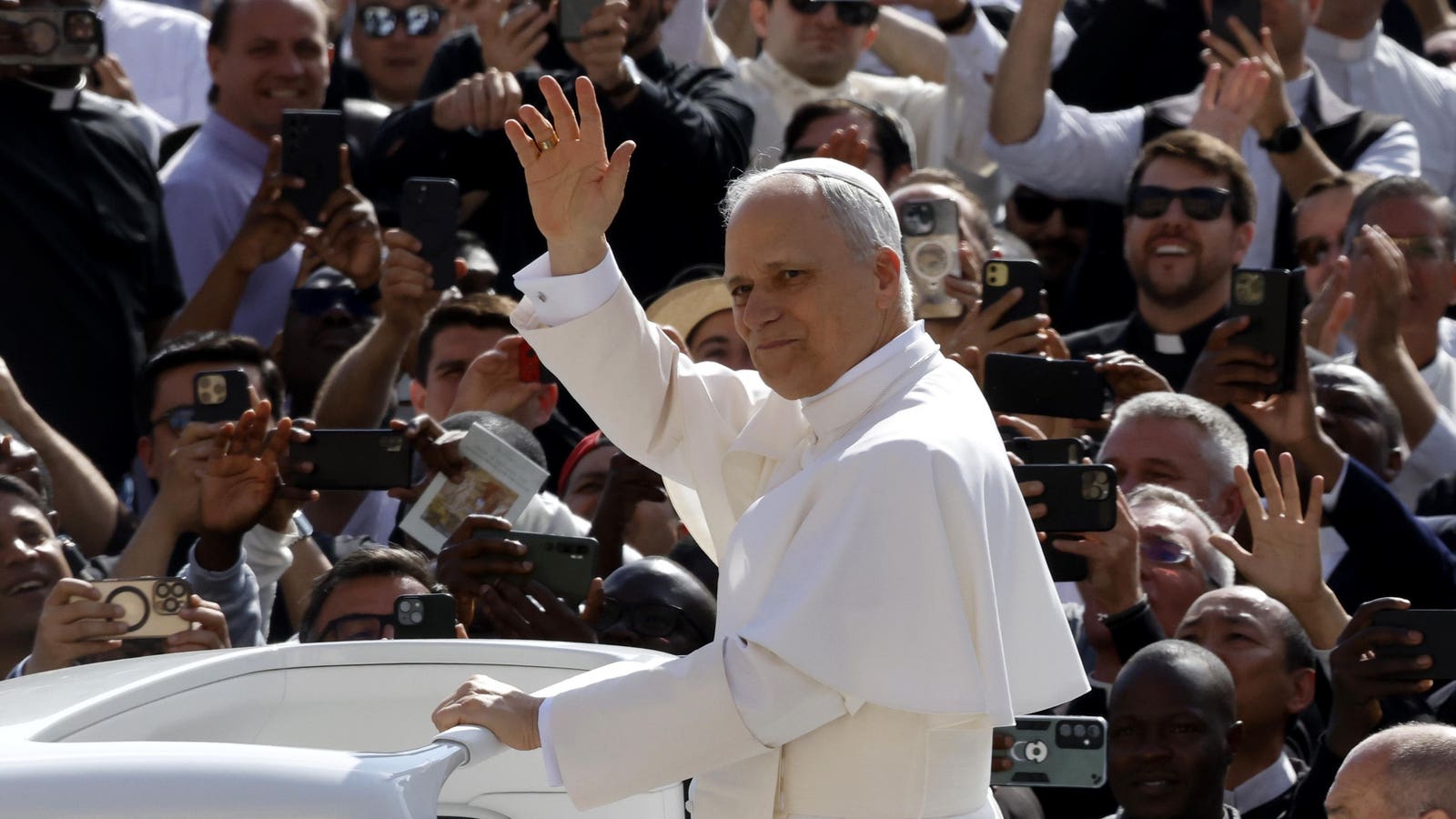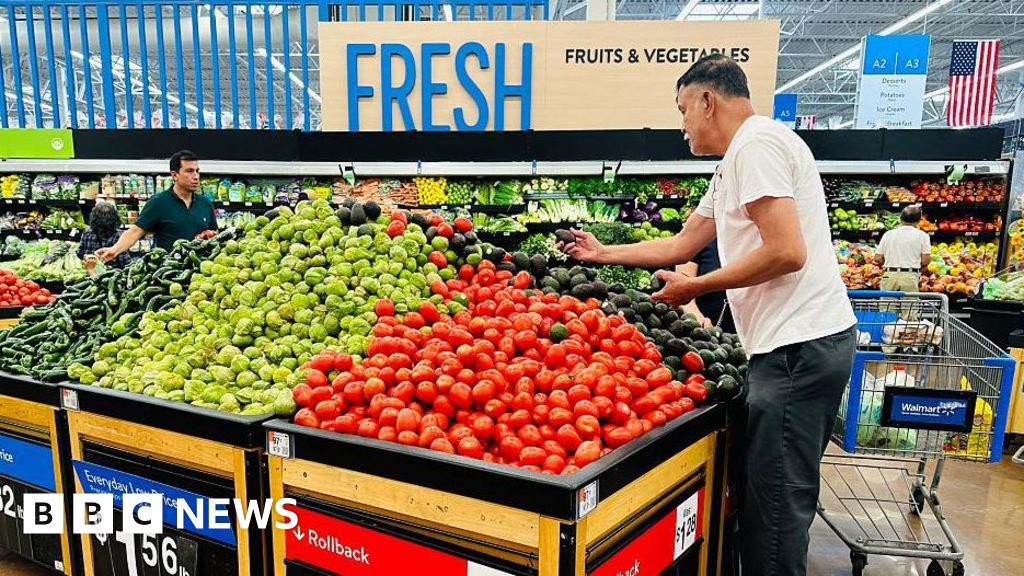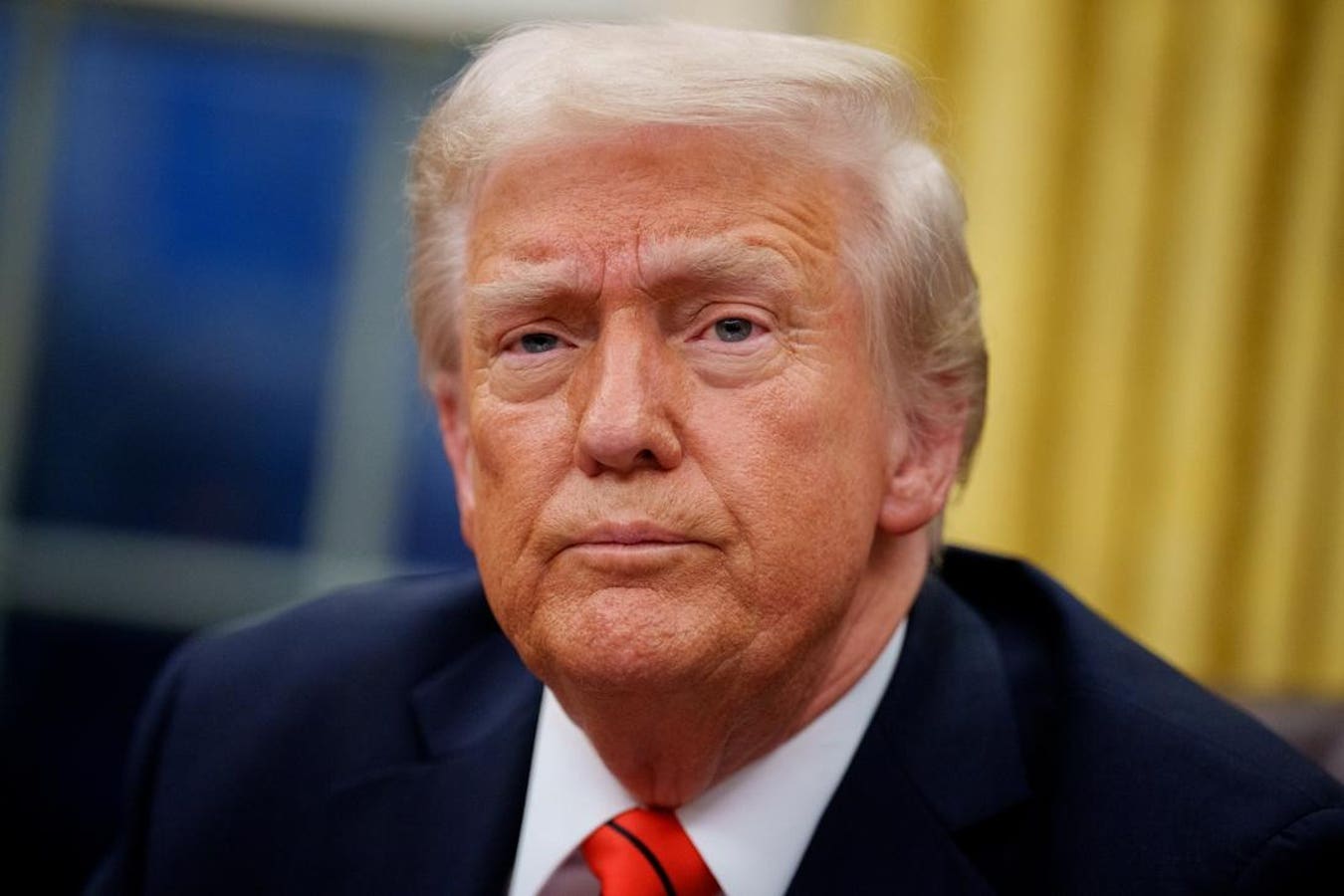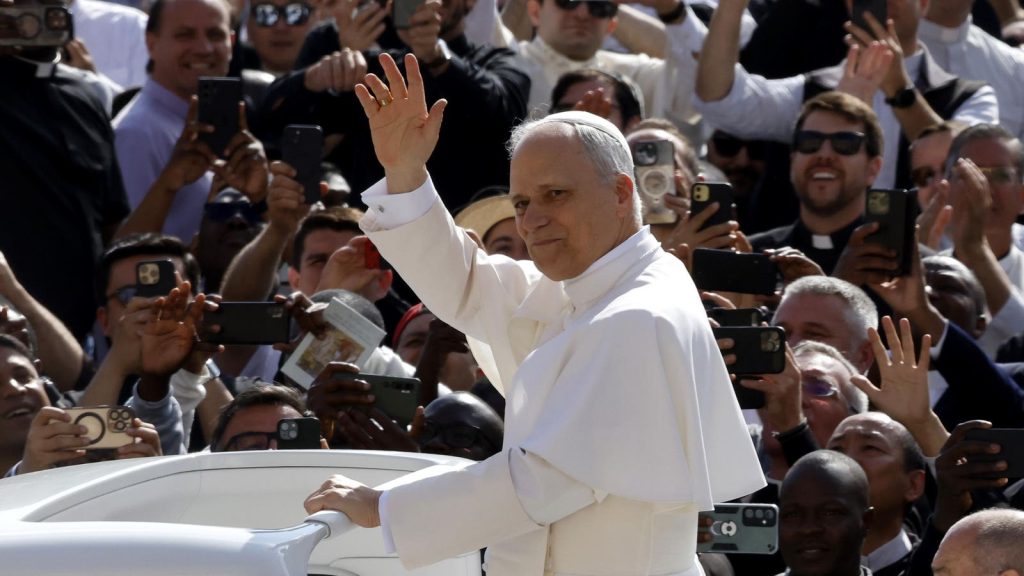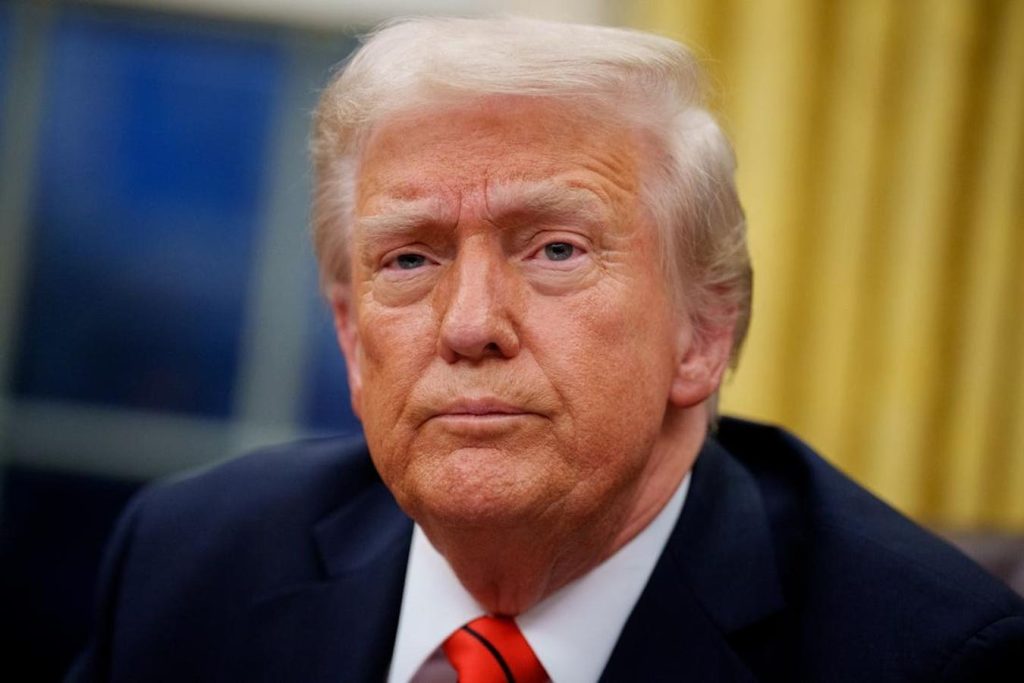Topline
U.S. airline stocks–already down 24% this year–plunged further on the heels of Trump’s tariff rollout, as an increasingly shaky economy has experts warning of higher summer vacation costs for consumers.
Shares of U.S. airlines tumbled Thursday on the heels of President Trump’s tariff rollout.
Key Facts
Shares of major U.S. airlines tumbled in the first minutes after the markets opened Thursday morning, following President Trump’s tariff rollout Wednesday afternoon.
United Airlines stock was hit hardest with a 10% drop Thursday, followed by JetBlue (down 8%), and legacy carriers American Airlines and Delta Air Lines (both down 7%).
Coming into the peak summer travel season, airlines are already facing slower demand and “macro stability is needed before demand can improve and help reverse these declines,” said Bank of America in a note to investors, adding, “We do not envy management trying to guide in this unknown environment.”
“I went into this year expecting it to be a blue sky year for airlines,” TD Cowen analyst Tom Fitzgerald told the Wall Street Journal this week. “Now it’s just kind of clouds everywhere and it’s unclear when they’re going to dissipate.”
Key Background
The timing of tariffs comes at a challenging moment for the airline industry, which has been hampered for years by supply-chain challenges that have held up deliveries of not just aircraft but components like landing gear and seats. And as Americans pull back on discretionary spending, there is evidence they are reconsidering nonessential expenditures like vacations. Last month, major U.S. airlines signaled their growing pessimism by cutting their forecasts ahead of the peak booking period for spring and summer travel.
Crucial Quote
“There are components made in Japan, because otherwise you cannot sell to Asia. There are components made in Italy, because otherwise you cannot sell to the Italian airline, Al Italia,” Gad Allon, a professor of operations, information and decisions at the University of Pennsylvania’s Wharton School, explained about the airline industry’s complex global supply chain on Wharton’s YouTube channel. “And so there are components made everywhere…and you need these components to maintain your plane. Planes require maintenance continuously if you prefer to have doors not fly off the plane in the middle of the flight,”
What We Don’t Know
How much of airlines’ increased costs will be passed on to consumers—and how quickly? Allon estimated that airlines will see a 5% to 10% increase in costs in the short term simply to maintain their existing planes, noting that “airlines run on very low margins and, as such, it’s not like they can absorb these costs.”
Tangent
Another big travel expense–dining out–will likely also get more expensive. “Applying new tariffs at this scale will create change and disruption that restaurant operators will have to navigate to keep their restaurants open,” said Michelle Korsmo, president and CEO of the National Restaurant Association.”“Restaurant operators know consumers are very sensitive to costs and have kept menu price increases to 30%, while their food costs have gone up 40% in the last five years.”
Further Reading
Trump Doubles Down On Tariffs Amid Economic Chaos: ‘The Patient Lived, And Is Healing’ (Forbes)



